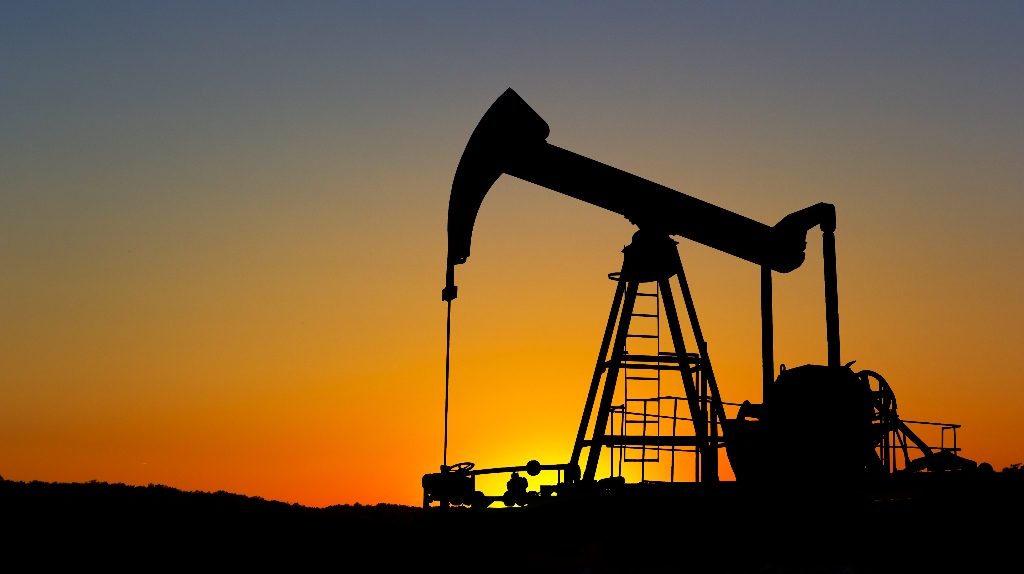
If you own land in the Houston area, oil and gas production can be both a blessing and a curse. While energy development generates revenue and jobs, it can also lead to significant environmental consequences, particularly oilfield contamination. And when spills, leaks, or improper disposal affect your soil or water, the cost is not just environmental. It can harm your property value, health, and future land use.
Here is what Texas landowners need to know about oilfield contamination and what you can do to protect your rights.
What Is Oilfield Contamination?
Oilfield contamination refers to pollutants left behind from drilling, production, or disposal operations. These contaminants often include:
- Crude oil and refined hydrocarbons
- Produced water (salty wastewater brought to the surface)
- Drilling muds and chemicals
- Heavy metals and radioactive materials
When not properly managed, these substances can seep into the ground, contaminate water tables, and render otherwise usable land unusable.
How Does It Happen?
In many cases, contamination occurs slowly over time. Faulty storage tanks, leaking pipelines, or unlined pits used for waste disposal are common culprits.
In other cases, the problem is immediate, such as a well blowout, surface spill, or illegal dumping. Regardless of how it starts, oilfield contamination often requires costly cleanup and long-term monitoring.
Is It Legal?
Not necessarily. Operators are required by the Texas Railroad Commission, the state agency responsible for overseeing oil and gas, to adhere to strict environmental and safety regulations.
In fact, new rules adopted by the Commission in December 2024, effective July 1, 2025, now require enhanced oversight of oilfield waste handling and disposal. These changes aim to reduce environmental harm and enhance accountability, particularly in areas where landowner complaints are increasing.
If a company pollutes your land and fails to remediate the damage, they may be held liable under:
- Texas Natural Resources Code
- Common law torts, including negligence, nuisance, or trespass
- Federal laws like the Clean Water Act or CERCLA, in some cases
Even if you signed a mineral lease, it does not give the operator a free pass to damage your surface or contaminate your groundwater.
What Are Your Legal Rights?
Texas law provides landowners with several protections, particularly if you are a surface owner and not the one leasing out minerals. You may have the right to:
- Demand cleanup and remediation
- File suit for damages to land, crops, livestock, or water
- Recover the cost of testing or property devaluation
- Seek court orders to stop the ongoing harm
However, it is important to act quickly. If you delay, you may lose key evidence or miss legal deadlines.
What Should You Do If You Suspect Contamination?
- Document everything. Take photos, keep samples if possible, and record dates and observations.
- Do not sign anything. Operators may offer quick settlements or request that you waive your claims. Consult a lawyer first.
- Get your land tested. Independent environmental testing can help prove contamination and determine the source.
- Talk to an attorney. A lawyer experienced in oilfield and environmental cases can help you understand your rights and build a strong case.

Why It Matters Now
The Houston area continues to experience significant oil and gas activity, ranging from legacy fields to new developments. At the same time, environmental enforcement remains under scrutiny, and cleanup efforts can drag on.
If you wait until the damage becomes severe, your legal remedies may be more limited. Landowners who act early have the best chance of securing cleanup and recovering losses.
Parks Law PLLC Can Help
At Parks Law PLLC, we help Texas landowners hold oil companies, pipeline operators, and other entities in the energy industry accountable. We know how to navigate the legal system and how to hold polluters accountable.
If you suspect oilfield contamination on your land, do not wait. Reach out today for a consultation. We can review your case, explain your options, and help you protect what is yours.
